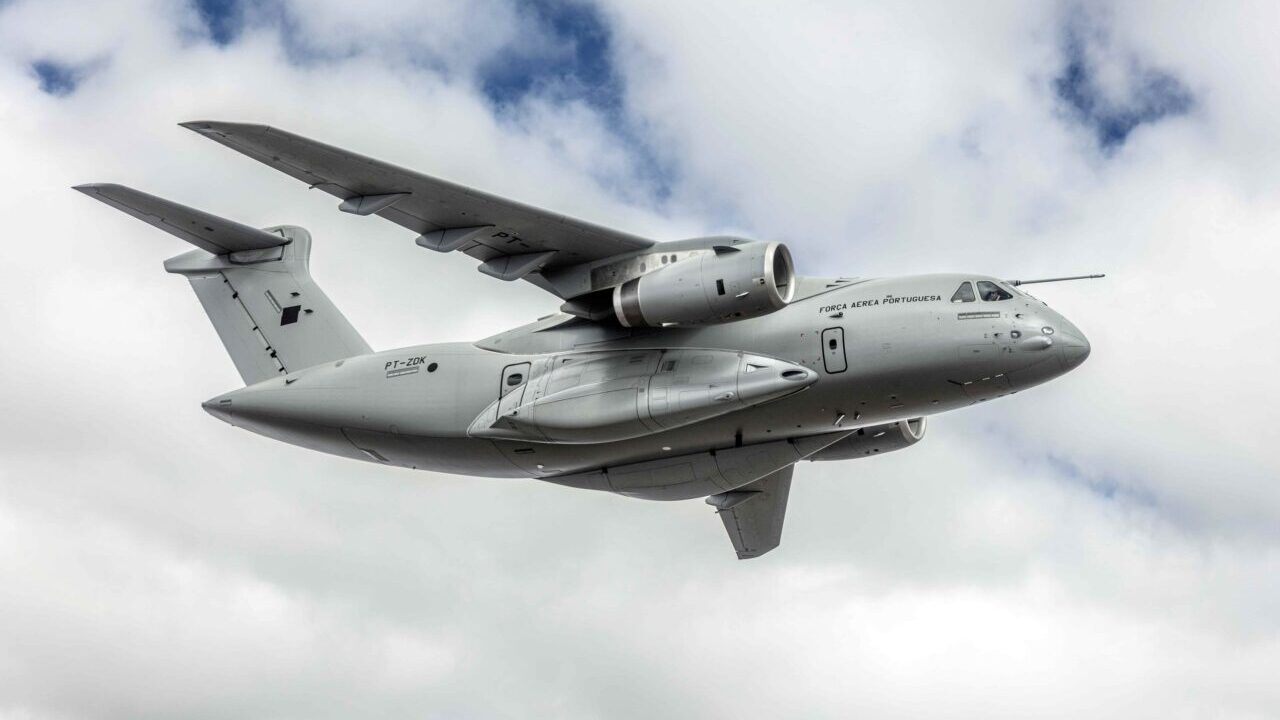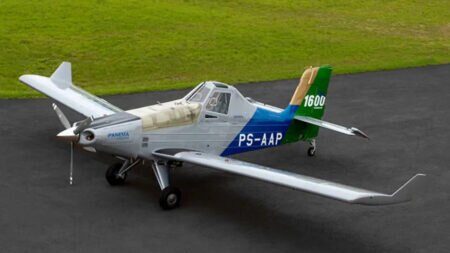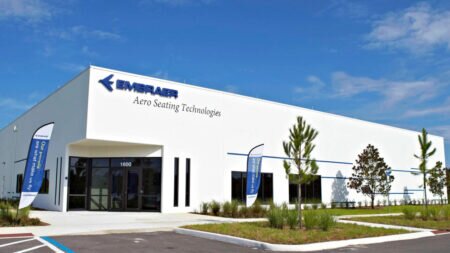Embraer continues to advance in the test campaign of the first KC-390 aircraft for the Portuguese Air Force (FAP).
Currently, the activities carried out at the Embraer unit in Gavião Peixoto, in the São Paulo State, are focused on flight tests that meet the specific requirements of the Portuguese State, and are certified by Brazilian authorities, including the National Civil Aviation Agency (ANAC) and the Institute for Industrial Development and Coordination (IFI).
This phase precedes the aircraft's departure to Portugal, where NATO (North Atlantic Treaty Organization) standard equipment will be integrated and certified by the National Aeronautical Authority (AAN) of Portugal and with the involvement of OGMA, a subsidiary of Embraer in Portugal. All activities are being monitored by FAP, with the first deliveries scheduled to begin in 2023.
In August of 2019, the Government of Portugal signed a contract with Embraer for the acquisition of five KC0390 Millennium aircraft, as part of FAP’s process to modernize capabilities and increase readiness for public interest missions. The contract also includes services and support, as well as a flight simulator.
The KC-390 aircraft meets all FAP requirements capable of performing various civilian missions, including humanitarian support, medical evacuation, search and rescue, and wildfire fighting, adding superior transport and launch capabilities for cargo and troops and in-flight refueling.
Portugal is the largest international partner of the KC-390 program, and its participation in the development and production of the aircraft is recognized for having a positive economic impact on the generation of jobs, new investments, increased exports and technological advances.
The C-390 Millennium and its aerial refueling configuration, the KC-390, are the new generation of multi-mission military transport aircraft that offer unparalleled mobility and payload capacity, rapid reconfiguration, high availability, enhanced comfort, and flight safety, as well as optimized management of reduced operational costs throughout its lifecycle, all on a single platform.









